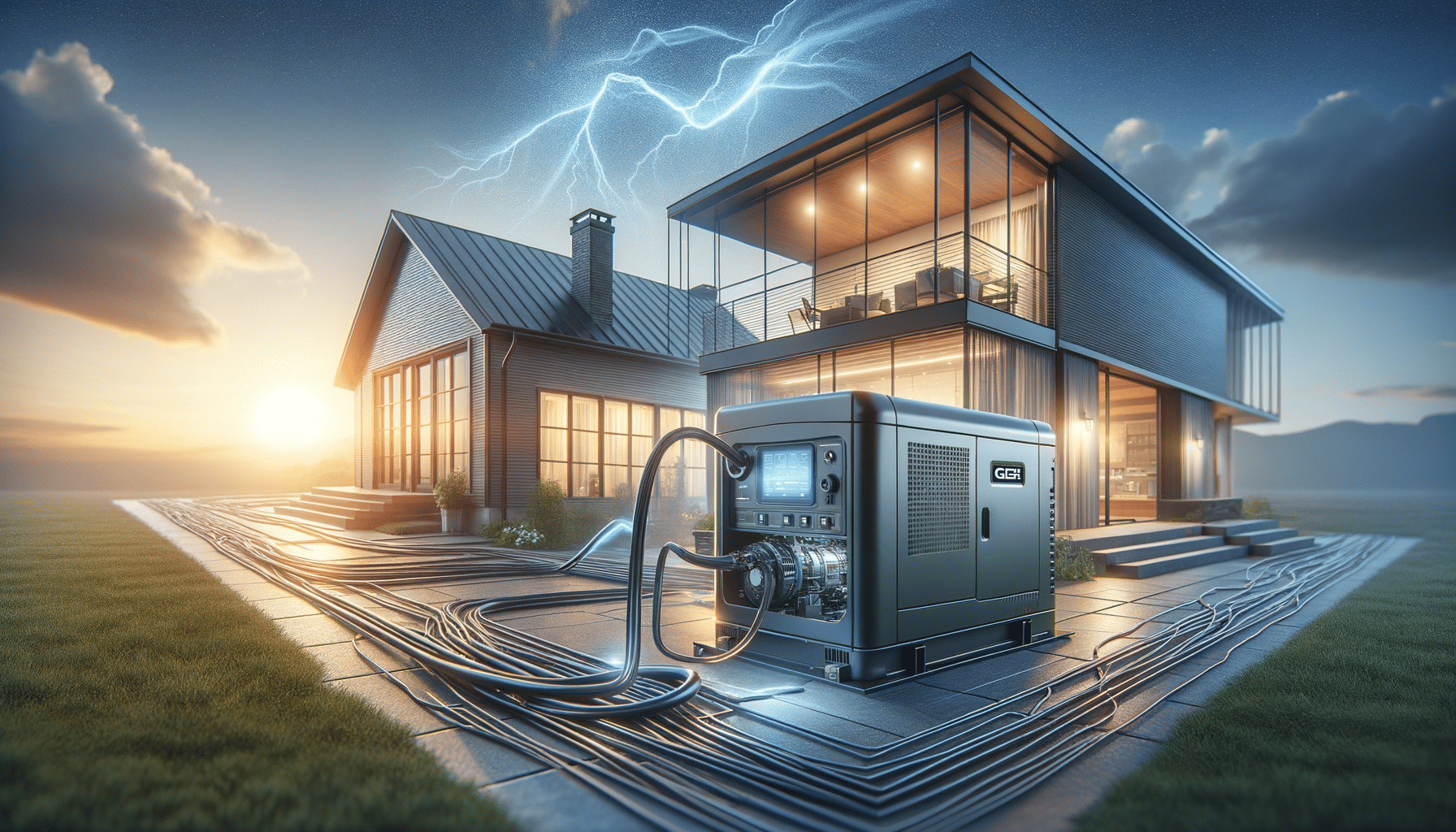
Harnessing the Potential of Home Generators for Reliable Energy Solutions
The Growing Need for Backup Power Systems
In recent years, the demand for backup power systems in homes has surged. As our reliance on electronic devices and smart home technologies increases, so does the need for an uninterrupted power supply. Power outages, whether due to natural disasters, grid failures, or maintenance issues, can disrupt daily life significantly. Backup power systems, particularly home generators, offer a reliable solution to these challenges. They ensure that essential appliances and systems continue to function, providing peace of mind and security. Moreover, with the increased frequency of extreme weather events, having a backup power system is becoming not just a luxury but a necessity. Home generators can power critical devices such as refrigerators, medical equipment, and communication systems, ensuring that families remain comfortable and connected even during prolonged outages.
Types of Home Generators and Their Advantages
Home generators come in various types, each with its own set of advantages. The most common types are portable generators, standby generators, and inverter generators. Portable generators are versatile and can be moved to different locations as needed. They are ideal for short-term power needs and can be used for outdoor activities as well. Standby generators, on the other hand, are permanently installed and automatically kick in during a power outage. They are capable of powering an entire house and offer a seamless transition between grid power and backup power. Inverter generators are known for their fuel efficiency and quiet operation, making them a popular choice for those who need a reliable power source without the noise. Each type of generator has its unique benefits, and the choice depends on individual needs and preferences. Factors such as the size of the home, the typical duration of power outages, and the specific appliances that need to be powered should all be considered when selecting a generator.
Installation and Maintenance Considerations
Installing a home generator involves several key considerations to ensure it operates effectively and safely. The first step is to determine the power requirements of the home. This includes calculating the wattage needed to run essential appliances and systems. Once the power needs are established, choosing the right generator size and type becomes easier. Professional installation is highly recommended to ensure compliance with local regulations and safety standards. Maintenance is another critical aspect of owning a home generator. Regular maintenance checks, such as oil changes, filter replacements, and battery inspections, are necessary to keep the generator in optimal condition. It’s also important to test the generator periodically to ensure it will function correctly during an actual power outage. Proper installation and maintenance not only extend the lifespan of the generator but also ensure it provides reliable power when needed most.
Environmental and Economic Impacts
While home generators provide numerous benefits, they also have environmental and economic impacts that should be considered. Traditional generators, which run on fossil fuels, can contribute to air pollution and greenhouse gas emissions. However, advancements in technology have led to the development of more eco-friendly options, such as generators that run on cleaner fuels or utilize renewable energy sources. From an economic perspective, the initial cost of purchasing and installing a home generator can be significant. However, the long-term savings from preventing food spoilage, maintaining home security systems, and avoiding business interruptions can outweigh the initial investment. Additionally, some regions offer incentives or rebates for installing energy-efficient backup power systems, further enhancing their economic viability. Balancing the environmental and economic aspects is crucial for making an informed decision about investing in a home generator.
The Future of Backup Power Systems in Homes
The future of backup power systems in homes looks promising, with continuous advancements in technology and growing awareness of energy resilience. Smart generators, which can be monitored and controlled remotely via smartphone apps, are gaining popularity. These systems offer enhanced convenience and efficiency, allowing homeowners to manage their power usage more effectively. Additionally, the integration of renewable energy sources, such as solar panels, with home generators is on the rise. This combination not only reduces reliance on fossil fuels but also promotes sustainability. As technology continues to evolve, we can expect to see more innovative solutions that address the challenges of power outages and energy management. The role of backup power systems in modern homes will likely expand, providing even greater reliability and peace of mind for homeowners.

